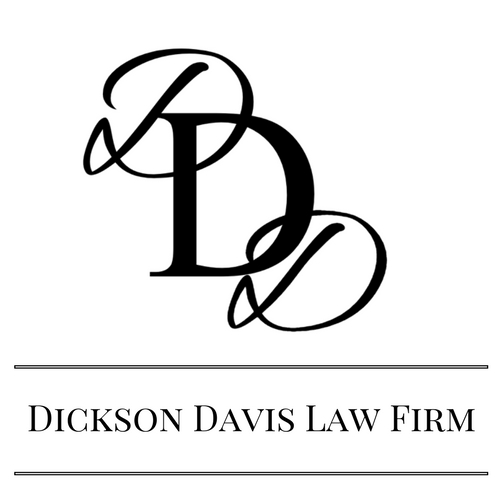Firm Position on Flat Fee Billing Practices
Like most consumers used to buying services or goods off of a price list, clients often do not seem to understand that the retainer fee requested by the attorney, which is held in a trust account, is not the actual cost of hiring an attorney or litigation for that case. A retainer fee with hourly billing may only represent 20-30% of the actual attorney fees in total, and that percentage is a conservative, low estimate.
With hourly billing, most attorneys do not tell the clients what the actual costs of litigation (including both legal services and out-of-pocket expenses) would be. Many factors exists such as the nature of the case, the complexity of the case, and whether the issues of the case are hotly contested. If this conversation were routinely happening, then the sticker shock factor alone would deter many from actually proceeding with their case.
While the unpredictability factor exists with the costs of litigation, measures for the actual costs of litigation do exists to provide an estimate of what the litigation will ultimately cost the client. Some of this information is no mystery to develop a rubric over time based on the firm's accounting records and tracking actual costs of litigation.
For those wildcard factors, the Dickson Davis Law Firm prefers the client to pay for those costs directly instead as the client retains greater control over the disposition of the client's litigation expenses and the law firm's direction when proceeding with the case. Keeping these issues transparent encourages having real conversations with the client about the attorney's strategy, and properly justifying the costs of litigation (instead of driving up the costs of litigation for the sake of doing so itself). Transparency also encourages only strong, meritorious cases to come forward when the client has a some stake in the outcome.
In a lot of situations, the client may not actually be able to afford more than the retainer fee under hourly billing, which is not fair to either the client or the attorney moving forward. Or, the retainer fee is improperly quoted to be actually what the attorney expects to receive by way of compensation for the entire case with little to no expectation of receiving more than the initial retainer fee. Such a practice should properly be characterized as a flat fee instead. And, such a practice may be misleading to clients realistically understanding what the real costs of litigation will be, and reflecting poorly on the legal profession as a whole.
The discussion of the actual, overall costs of litigation should happen at the outset, and, arguably, in the first conversation with the client so the client fully appreciates the financial costs of litigation before deciding whether to proceed with the client's case.
The emphasis of this hybrid flat fee billing model is on the client's recovery in full first before the Dickson Davis Law Firm recovers in non-personal injury cases. If the client recovers more than actual damages or out-of-pocket expenses, such as a windfall to the client based on punitive damages or statutory damages, then the Dickson Davis Law Firm gets a percentage of the surplus like a small bonus. If the client does not recover more than actual damages or out-of-pocket expenses, then the Dickson Davis Law Firm receives no bonus.
This hybrid model helps with more evenly distributing overall estimating and forecasting of litigation rather than relying upon big cases to pay for small ones. And, this hybrid model forces attorneys to be strategic and efficient with the client's limited resources when pursuing a case with only the essential resources at hand.
Keep in mind, that the flat fee billing concept is tethered to certain number of hours allotted for your case. If your case exceeds that hourly allotment, then you will need to arrange further billing arrangements with the Managing Attorney. The pricing list in the fee contract tailors to the flat fee concept per task to help manage the overall costs in a consistent basis. Hourly billing at $250.00 per hour is essentially the catch-all for items not included on the pricing list.
Under the South Carolina Rules of Professional Conduct, Rule 11 requires all attorneys, or parties, who submit any pleading or legal document before the court to do so honestly and after conducting due diligence in doing so. Proceeding with statutory damages, punitive damages, and so forth that could result in a potential windfall to the client should only be alleged with a sufficient, factual basis and in good faith.

